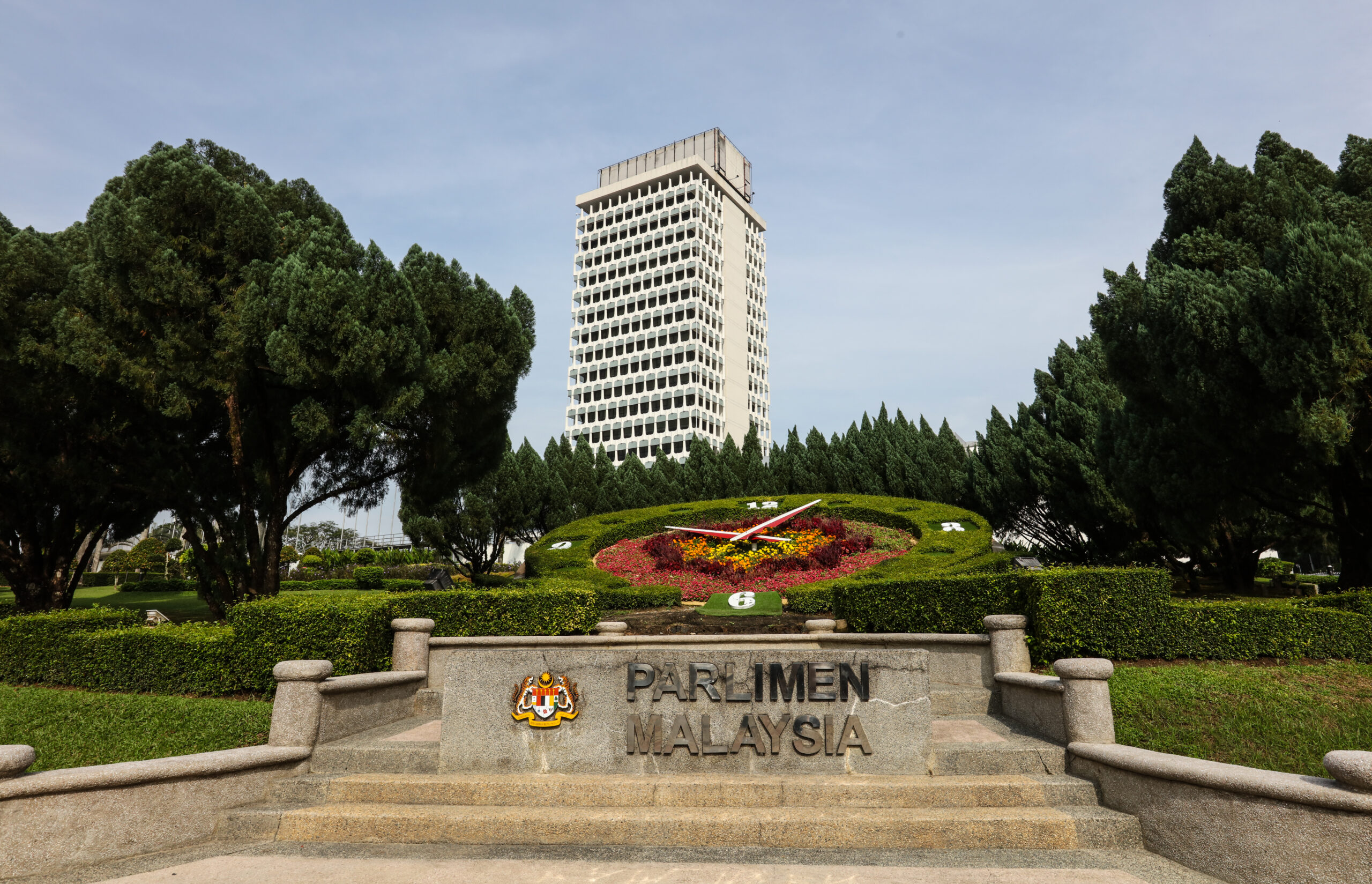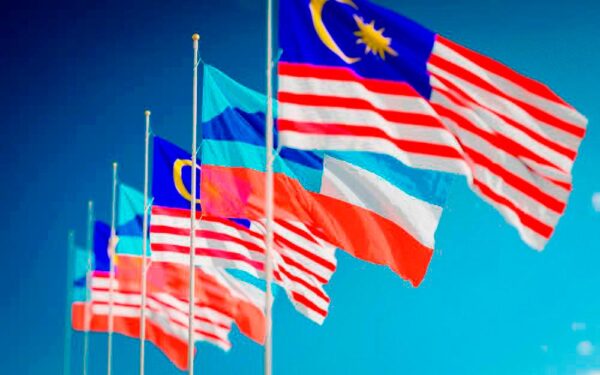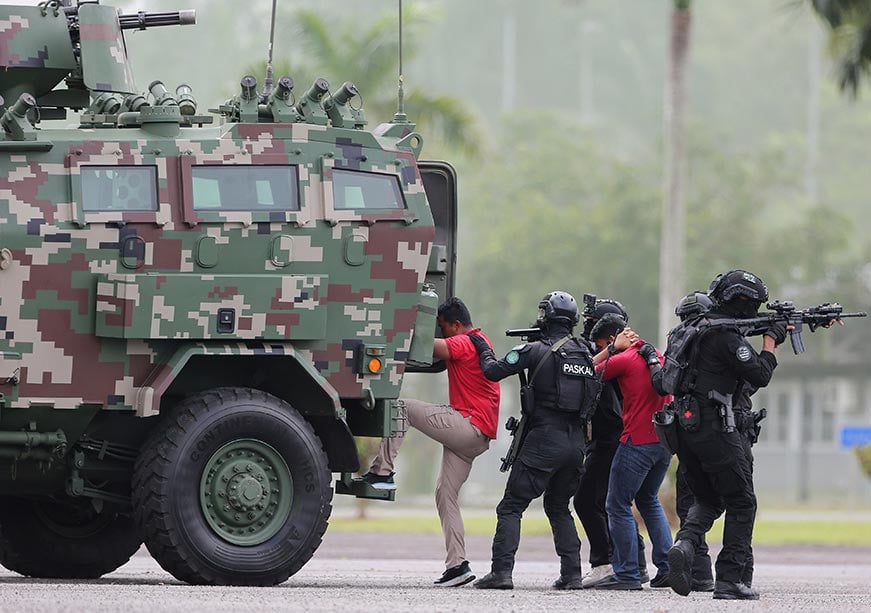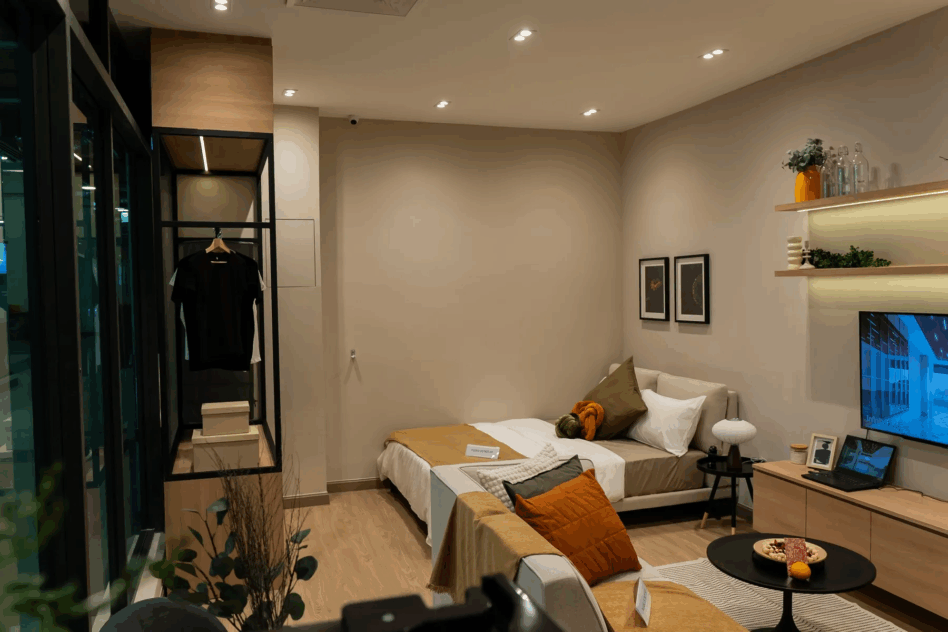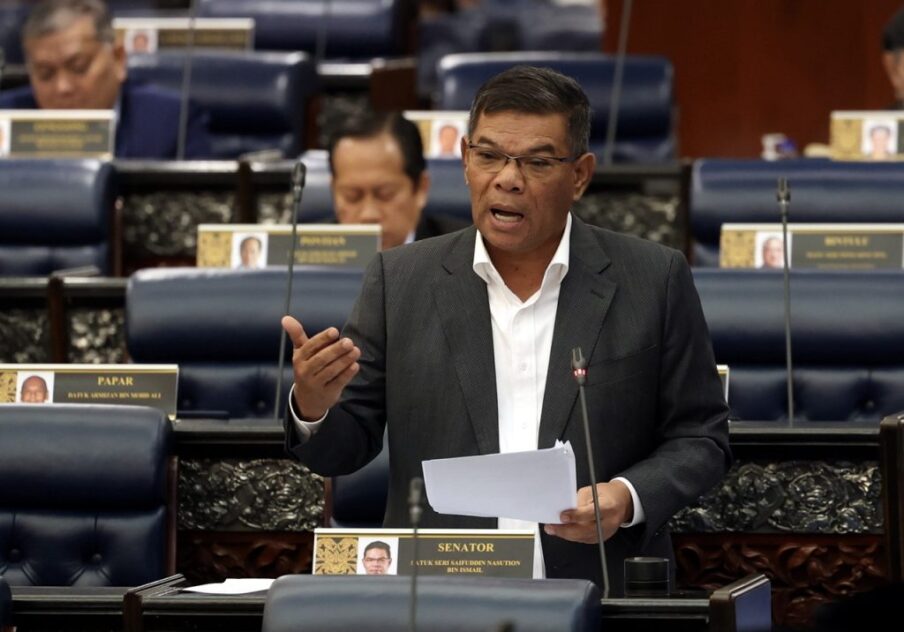THERE are numerous times people come to my service centre because they fear that if they lodge a police report against a corrupt person or reveal their information to the authorities, the authorities will leak the information to the person named in the police report and this will expose the whistleblower to further abuse.
Our advice has normally been that the whistleblower should go public as public exposure will perhaps be their best choice of protection. If they do the opposite, they will be forced to remain silent, go into hiding and live in fear of retribution.
Recently, Law and Institutional Reform Minister Datuk Seri Azalina Othman Said noted that the proposed amendments to the Whistleblower Protection Act 2010 do not offer protection to whistleblowers who disclose information to the public before reporting it to enforcement agencies.
In response to a question from Seputeh MP Teresa Kok about a recent viral video exposing alleged corruption in Sabah, Azalina said whistleblowers must first report such information to enforcement agencies to be eligible for protection.
Azalina also said the agency will then assess whether the whistleblower should be afforded protection or not and that the whistleblower cannot go to the public domain and ask for protection.
Azalina’s response to Kok raises some serious questions. One, if the Malaysian Anti-Corruption Commission (MACC) and the government would only investigate if the whistleblower spoke to the corruption watchdog first, does this mean that a matter is considered the “truth” and a person is worth given protection only if they go directly to the authorities first?
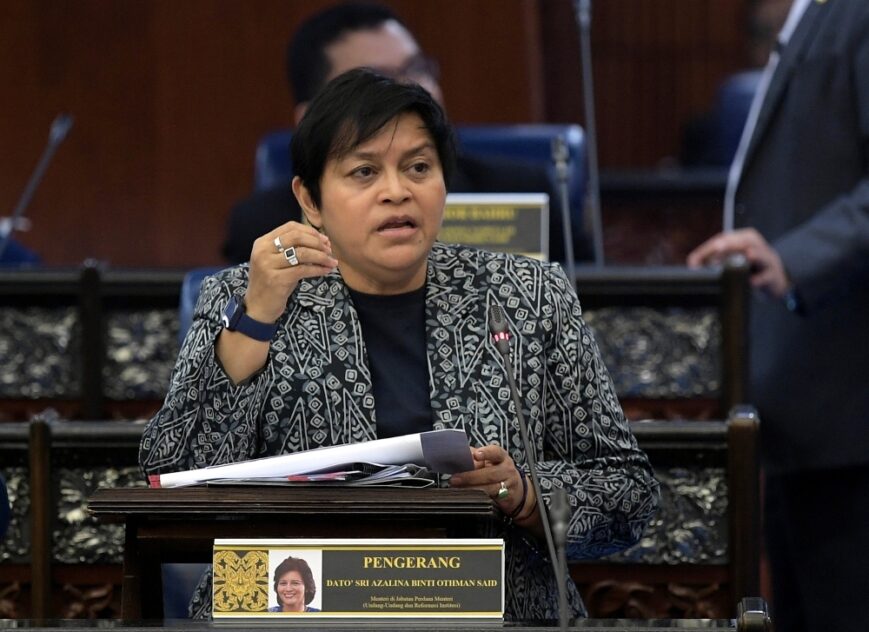
Second, what if the whistleblower has a serious allegation against the sitting prime minister or the sitting MACC head honcho? Does this mean he will have to pass all the information he has to these two parties for him to be accorded protection? Isn’t this a ridiculous proposition?
Every time we are called in for investigation for a public assemble, we are always told that the police need not receive a complaint from the public to investigate but they can proactively make their own report and investigate.
So why do the police and MACC need to wait for the complainer to lodge a report before they can investigate and give protection?
Yesterday in Parliament, the opposition raised a question about the price of helicopters rented by Malaysia in comparison to those purchased by Poland. Now can the authorities launch an investigation into this matter or do they need someone with that information to lodge a report first?
In the case of the whistleblower in the Sabah case, he went to Malaysiakini to expose his allegation. Why must the interpretation be that a person who goes to the press or takes to a social media platform to expose the truth needs to be seen in the negative?
Azalina says the whistleblowers will not be protected if they go to media first but in hindsight, the whistleblower perhaps went to the media first because he did not want to be silenced while he wanted protection.
What contradiction is there if the end result is to get to the bottom of the truth of the allegations?
If the Madani government wants to impress the rakyat, it must not only ensure that its institution is independent and fearless but it must also create the atmosphere where the rakyat would voluntarily go to these authorities without feeling fear or pressure.
Until then, people will continue to find other means to get their story heard. – Feb 6, 2025
S. Arutchelvan is the Parti Sosialis Malaysia (PSM) chairperson.
The views expressed are solely of the author and do not necessarily reflect those of Focus Malaysia.


